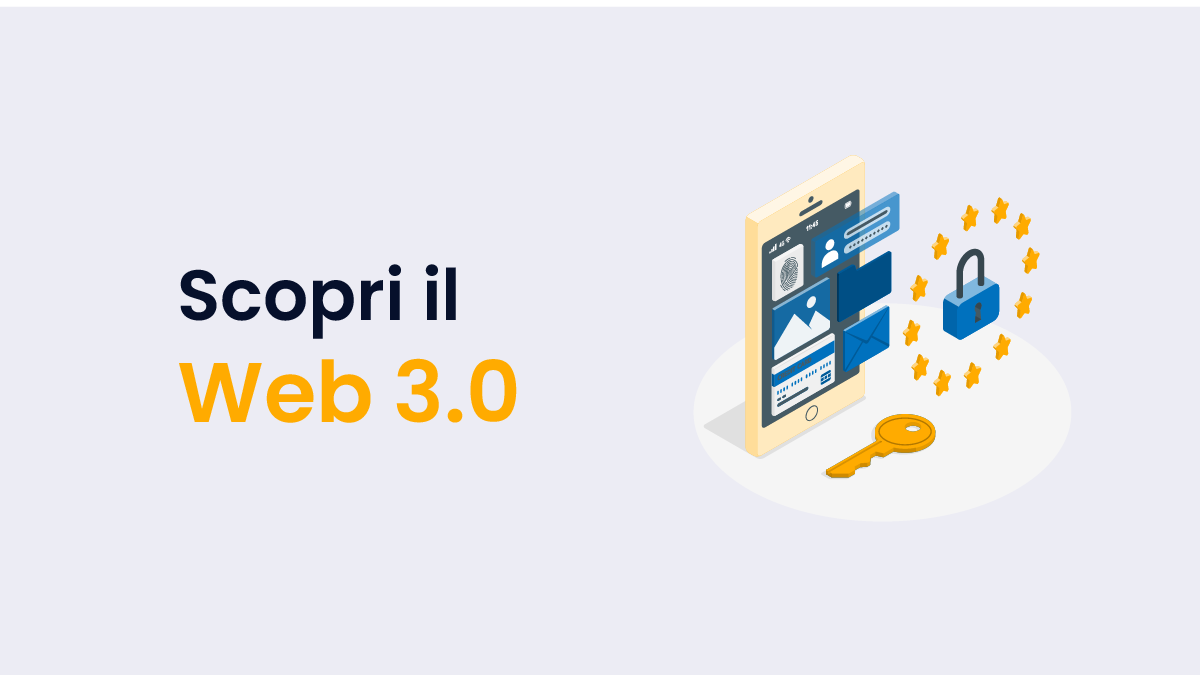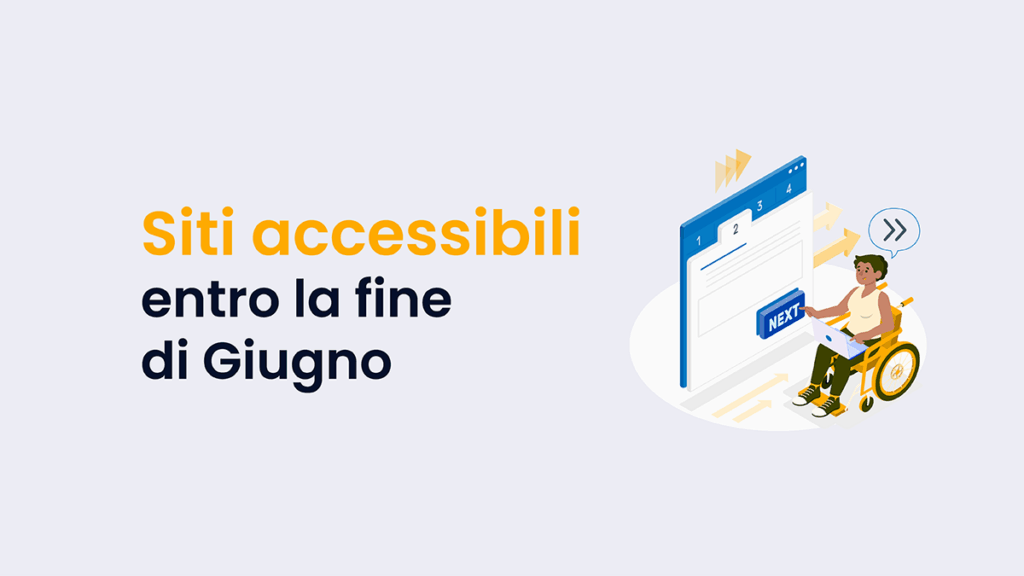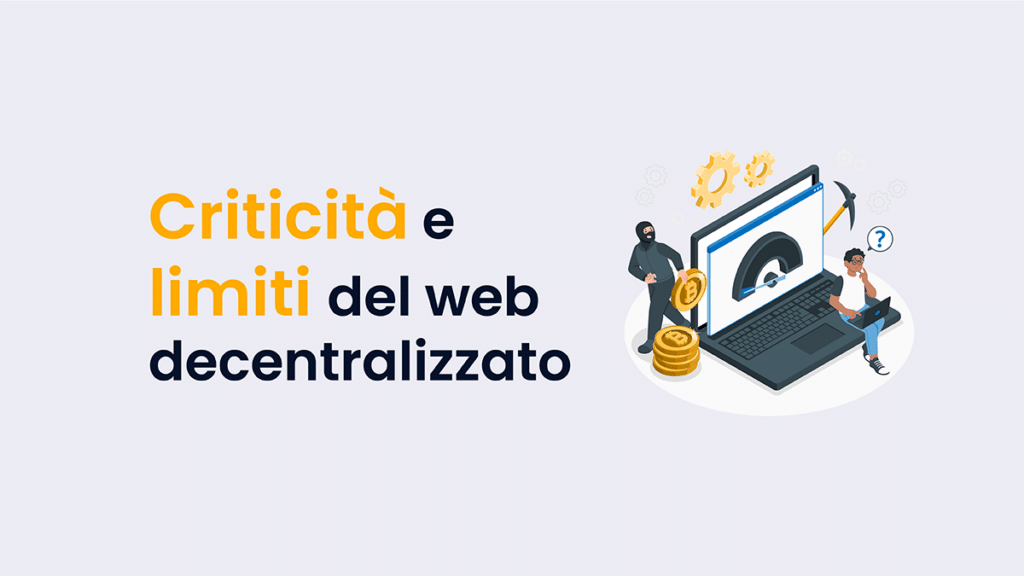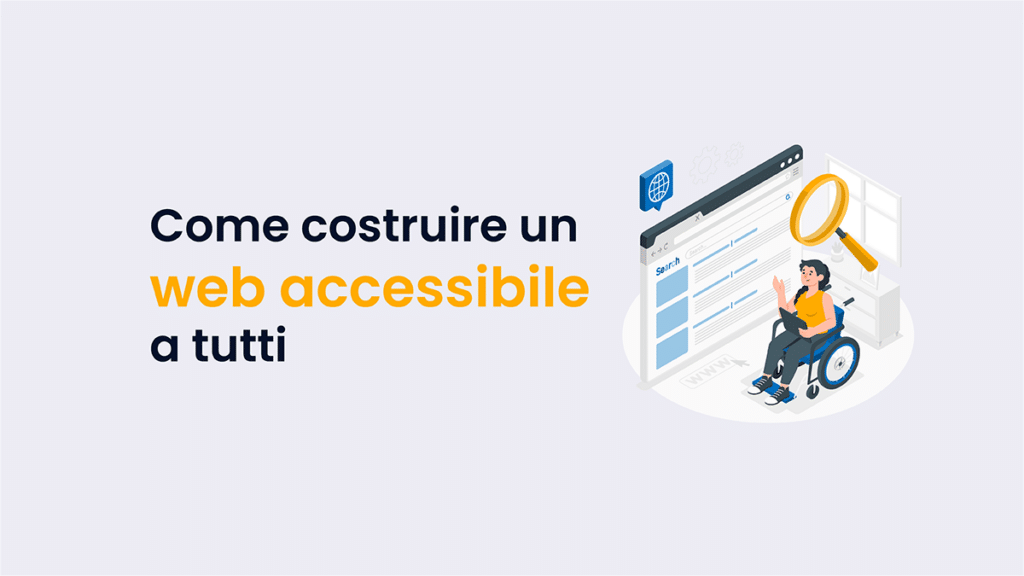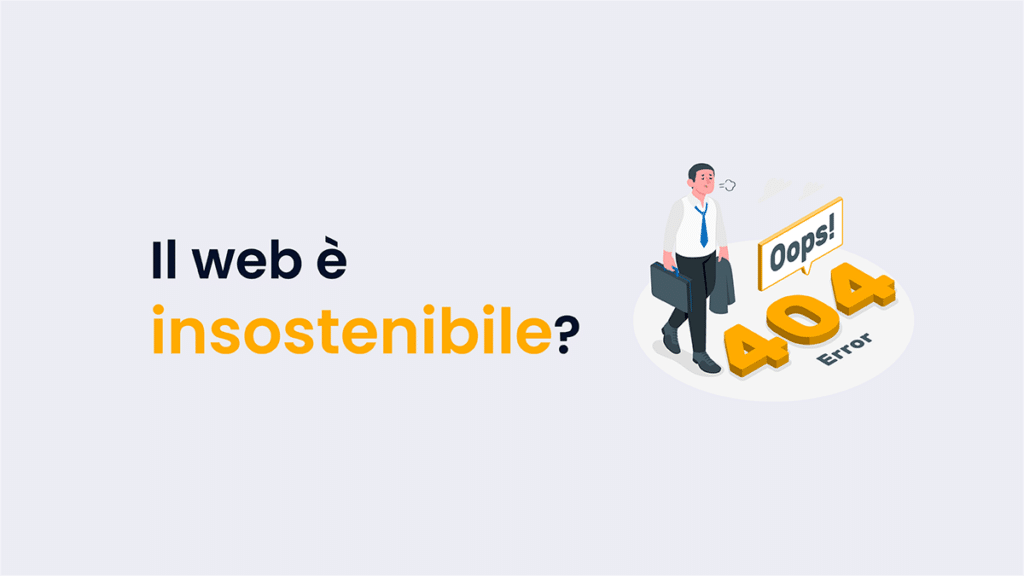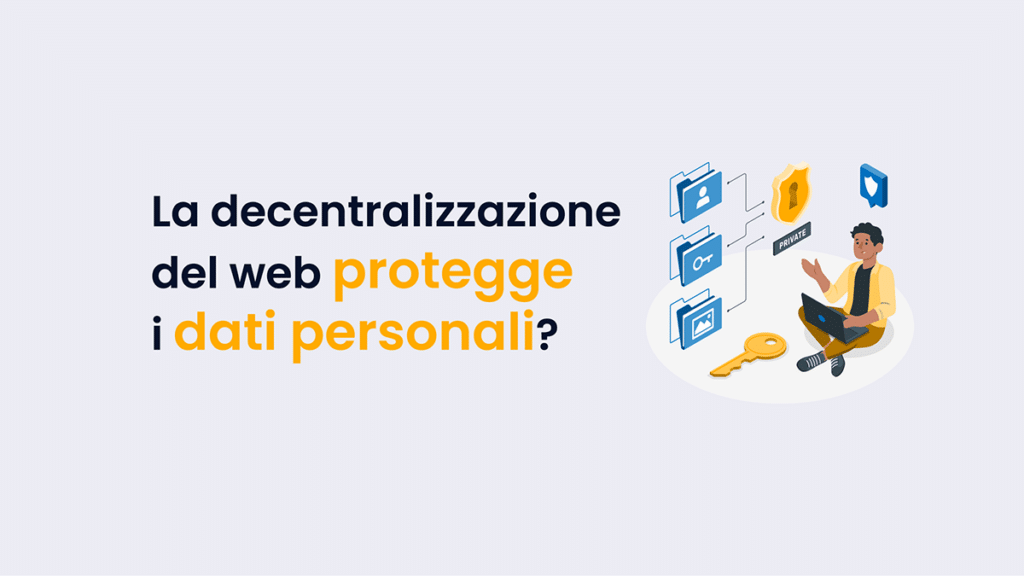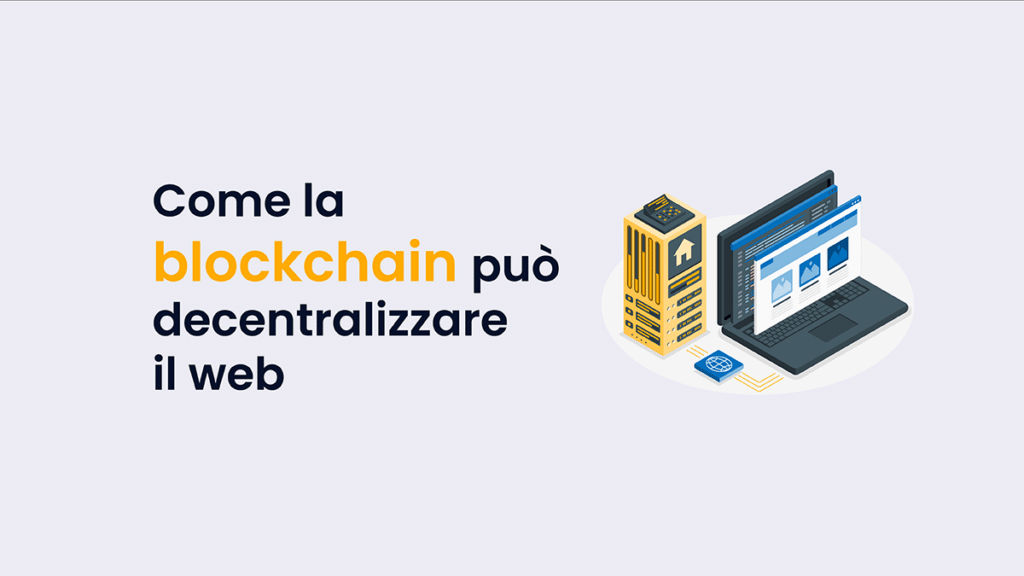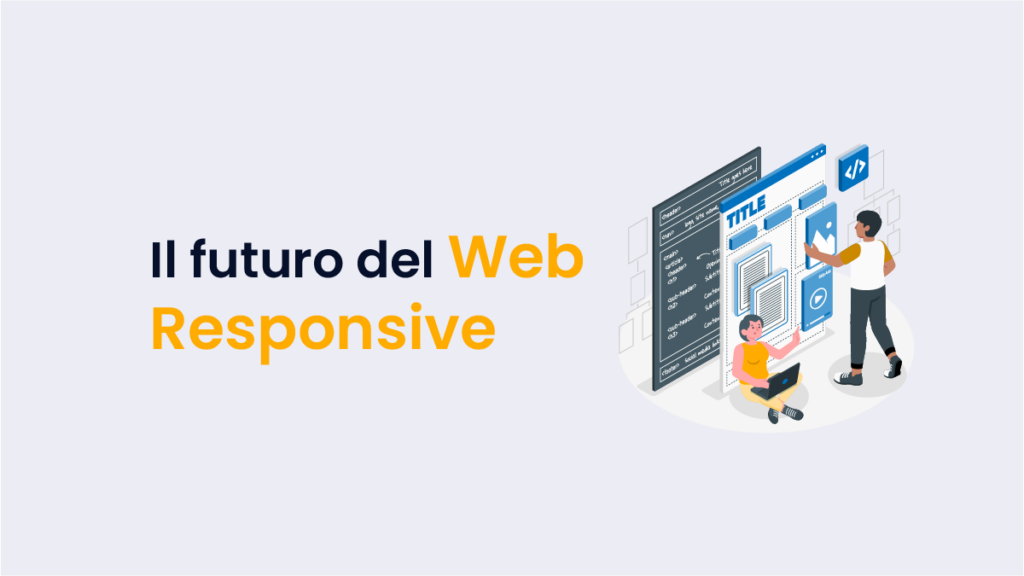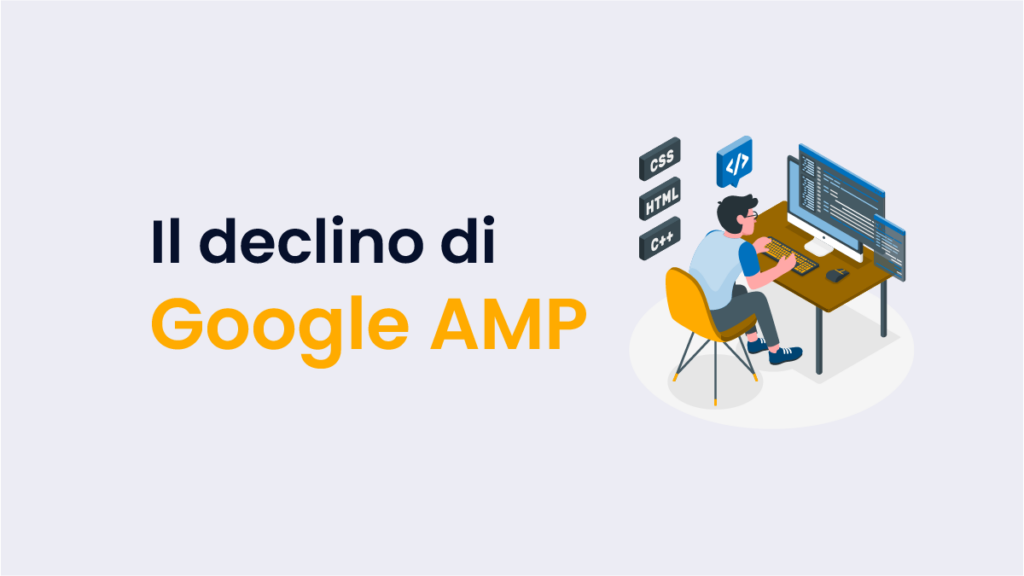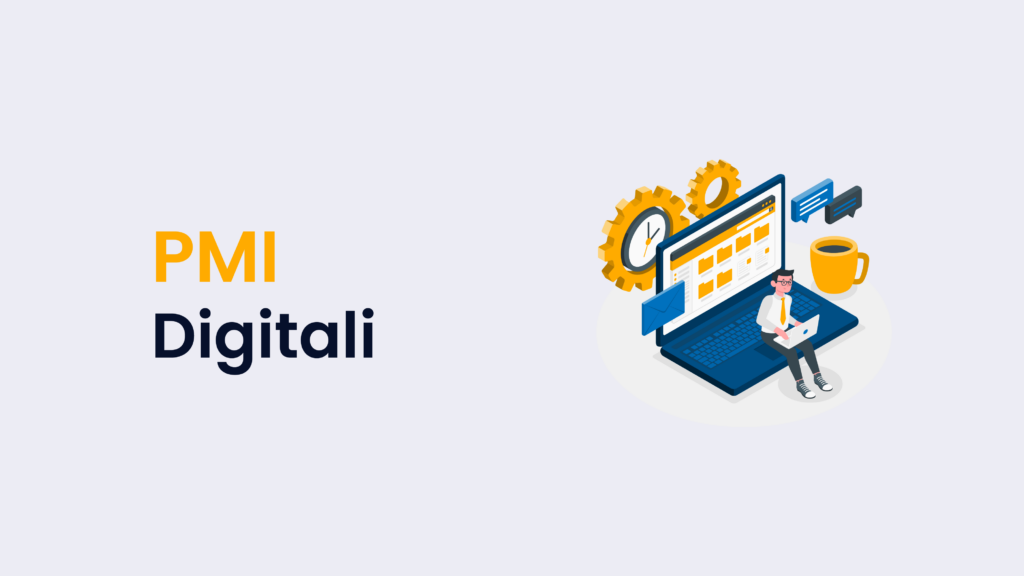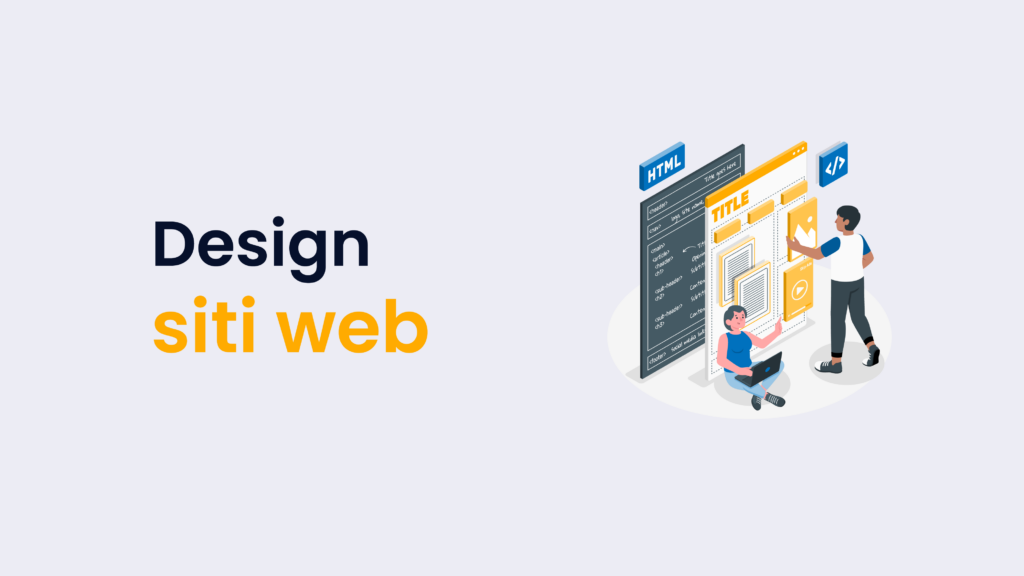Il Web 3.0 è un progetto in via di sviluppo che punta a cambiare il mondo digitale per come lo conosciamo oggi. Il focus di questa innovazione infatti è la decentralizzazione del controllo dei dati degli utenti. Cosa che ci restituirebbe piena proprietà delle nostre informazioni personali.
In un momento storico come il nostro, dominato da rischi e ambiguità sulla privacy, il Web 3.0 quindi è più attuale che mai. Tra blockchain, smart contract, criptovalute e protocolli decentralizzati, potrebbe creare uno spazio digitale sicuro e indipendente. Questo perché, tali applicazioni, sostanzialmente tolgono intermediari nello scambio di dati e sono progettate per garantire sicurezza inviolabile.
All’interno del sistema tecnologico su cui si basa il Web 3.0 vediamo ovviamente il supporto importante dell’intelligenza artificiale. Supporto che mira a migliorare l’interpretazione dei dati, l’interattività e la personalizzazione (focus cruciale oggi) attraverso assistenti virtuali e motori di ricerca avanzati.
Ricostruiamo bene su cosa si basa il Web 3.0 e le conseguenze pratiche in vari campi del digitale. Infatti andremo a capire se si sistemi decentralizzati sono sostenibili per tutti. Poi, proveremo a capire se nel Web 3.0 i siti rimarrebbero gli stessi, se cambierebbero gli e-commerce, se ci si dovrebbe interfacciare in modo diverso con la SEO e se le sponsorizzazioni funzionerebbe come oggi.
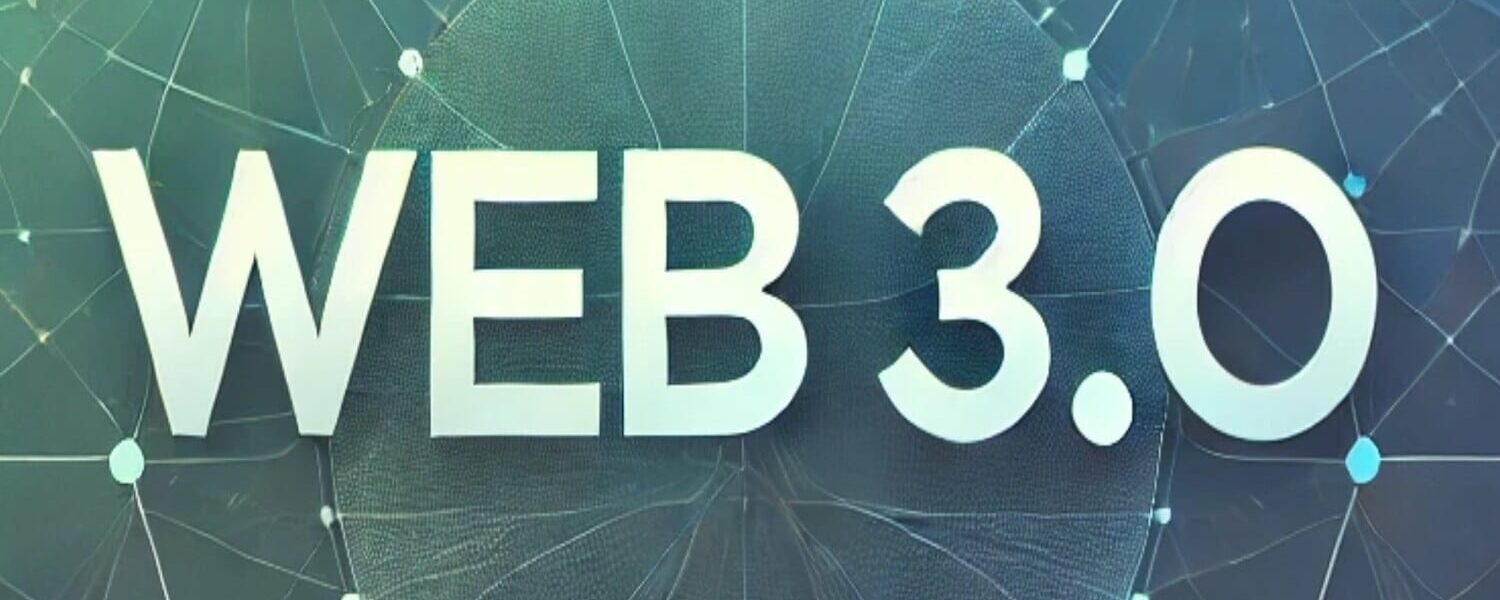
Indice dei contenuti
Su cosa si basa il Web 3.0
Come accennavamo, al centro troviamo la blockchain. Si tratta di un registro digitale distribuito su nodi indipendenti che verifica e immagazzina transazioni in modo immutabile e trasparente. La blockchain quindi permette di eliminare i tradizionali server centralizzati, rendendo più sicuro il trattamento dei dati e aprendo la strada ad applicazioni indipendenti e decentralizzate, ovvero le DApp.
Poi abbiamo gli smart contract. Parliamo di contratti intelligenti, sigillati, che automatizzano le transazioni tra utenti. Quindi sono programmi basati su blockchain che eseguono istruzioni predefinite senza bisogno di intermediari. Su questi già si basa la finanza decentralizzata.
Un altro pilastro del Web 3.0 è rappresentato dai token digitali come le criptovalute e gli NFT. In questi due casi abbiamo a che fare con scambi di valori senza banche e certificati di proprietà digitali su contenuti unici.
Anche l’intelligenza artificiale abbiamo detto è alla base di una nuova visione di internet, con l’interpretazione semantica per motori di ricerca avanzati e assistenti virtuali responsivi.
Però il vero cuore del Web 3.0 rimane la decentralizzazione.
La decentralizzazione è sostenibile oggi?
Avere totale proprietà e controllo dei nostri dati rappresenterebbe una svolta significa nel mondo digitale per come lo conosciamo oggi. Il che è già interessante. I nostri dati non sarebbero più esclusivamente in mano a multinazionali che li posseggono in database che non possiamo neanche consultare.
In quest’ottica la decentralizzazione diventa un’innovazione “per il popolo”. Ma è proprio a partire da qui che troviamo un paradosso. Lo troviamo, se rapportiamo le possibilità potenziali, all’attuale fruibilità dei programmi decentralizzati.
Il Web 3.0, lo abbiamo detto, è ancora in fase di sviluppo. I sistemi decentralizzati oggi hanno ancora dei limiti che ne discutono la sostenibilità. Il primo tra tutti è proprio la fruibilità, sia in termine di diffusione sia in termini tecnici. I programmi su cui si basa il Web 3.0, sono sconosciuti alla maggior parte delle persone che utilizzano ogni giorno strumenti digitali e sono difficili da usare per chi non ha competenze tecniche.
In altre parole, c’è il sistema ma mancano le infrastrutture per un’adozione di massa.
Questo anche perché ci sono ancora questioni da chiarire sulla sicurezza e sull’affidabilità dei sistema decentralizzati. Per esempio, con la blockchain, i dati non possono essere alterati o cancellati una volta registrati, il che rende difficile rimediare a eventuali errori o frodi. In più, con transazioni e dati distribuiti in una rete globale dove i proprietari sono miliardi di persone, le autorità faticano a garantire la conformità alle leggi locali su privacy e sicurezza. La mancanza di un ente centrale responsabile infatti complica enormemente l’applicazione delle normative e rende difficile proteggere gli utenti da potenziali abusi. Infine, esistono rischi associati alla concentrazione di risorse su poche piattaforme di supporto.
In parole povere, se tutto sta in pochi wallet e marketplace NFT, il sistema non è più decentralizzato.
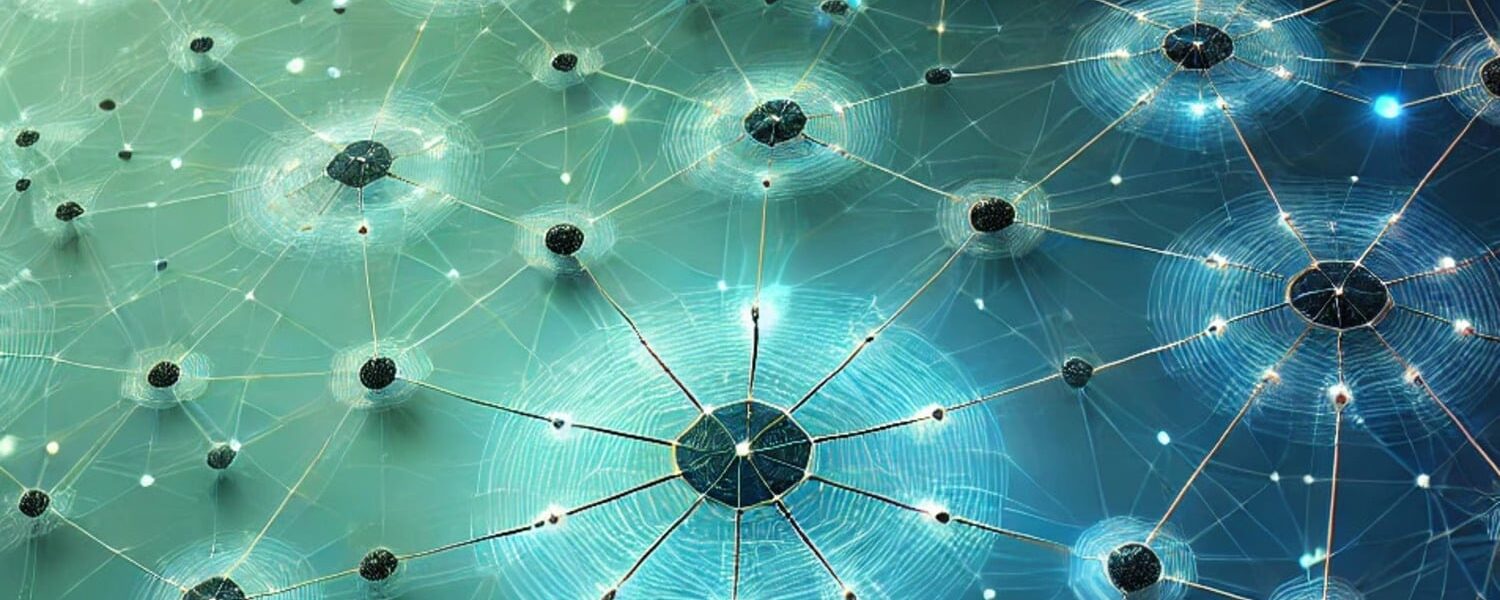
Il Web 3.0 come funzionerebbe nel pratico?
Nonostante i limiti attuali di sostenibilità, esistono sistemi che ci possono far abbozzare un scenario in cui il Web 3.0 sia completamente adottato. I siti web, gli e-commerce e le piattaforme social funzionerebbero in modo sostanzialmente diverso rispetto a oggi.
I siti web sarebbero costruiti su protocolli decentralizzati come IPFS. Gli utenti sarebbero proprietari dei loro dati e potrebbero scegliere quali informazioni condividere e con chi.
Gli e-commerce potrebbero utilizzare smart contract per automatizzare ordini e pagamenti, garantendo transazioni sicure senza intermediari come banche o piattaforme di pagamento.
Anche la SEO cambierebbe approccio. Invece che agli algoritmi di Google e di altri motori di ricerca, potrebbe invece affidarsi a reti decentralizzate.
Per le sponsorizzazioni e pubblicità, gli utenti potrebbero essere remunerati direttamente per visualizzare contenuti promozionali tramite token digitali, superando i tradizionali intermediari.
Infine, i social network nel Web 3.0 favorirebbero modelli di community auto-organizzate, in cui i contenuti e le interazioni sono regolati dagli stessi utenti. In questo modo la gestione dei dati personali e le scelte di governance sarebbero in mano a tutti, così come gli algoritmi che regolano i contenuti che appaiono nei feed e nelle sponsorizzazioni personalizzate.
Se il Web 3.0 cambierà il mondo digitale e se lo farà in questi modi non possiamo dirlo con certezza
Oggi possiamo conoscere meglio le tecnologie su cui si basa, interfacciandoci con applicazioni di Web 3.0 esistenti:
- Criptovalute, come Bitcoin ed Ethereum.
- Finanza decentralizzata su piattaforme come Aave, Uniswap e Compound.
- Organizzazioni Autonome Decentralizzate, come MakerDAO e DAOstack.
- NFT e mercati digitali come OpenSea e Rarible.
- Browser decentralizzati, come Brave e Beaker.
- Social Network decentralizzati come Mastodon e Diaspora.
- Piattaforme di archiviazione distribuita come Filecoin e IPFS.
